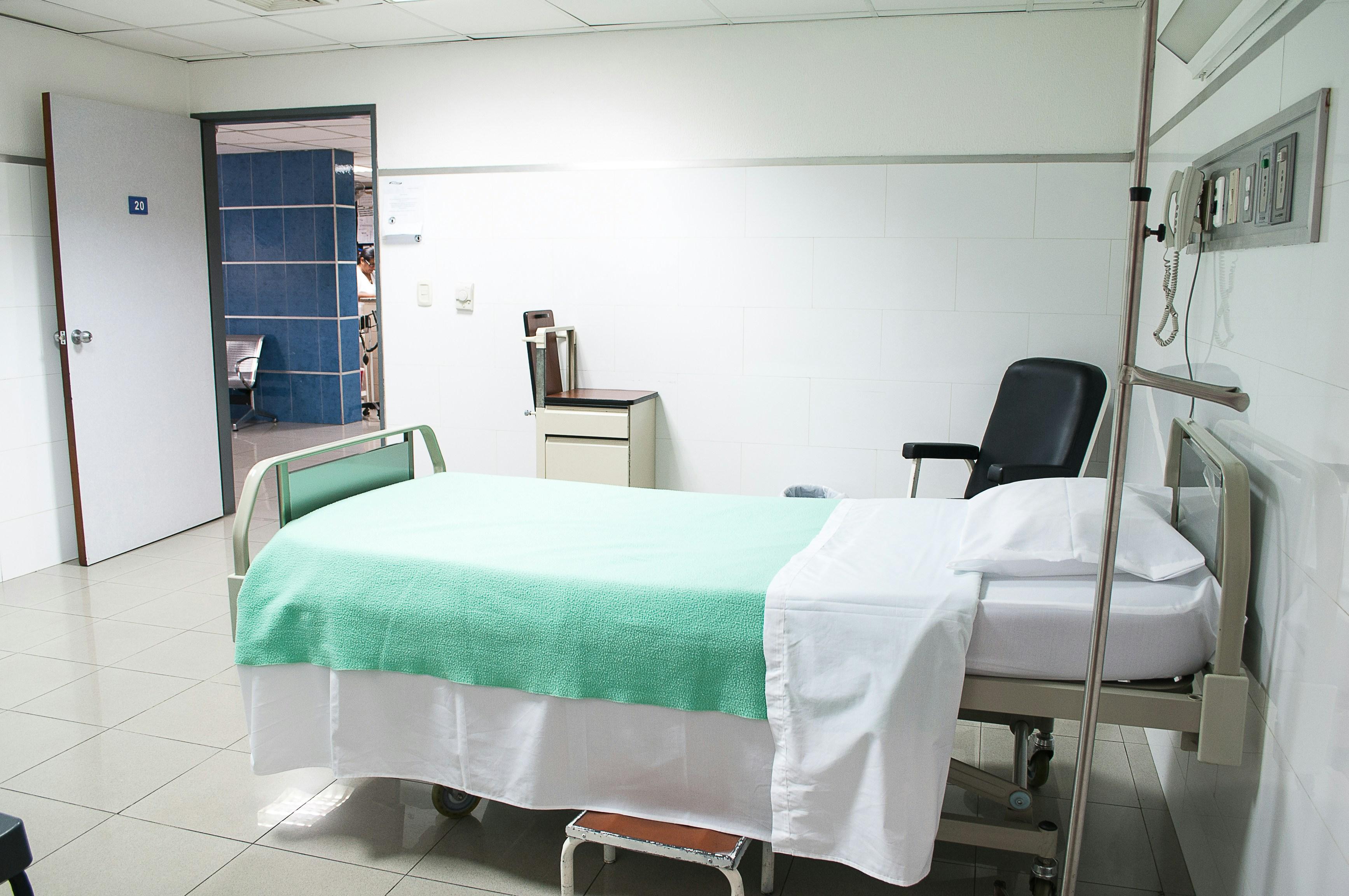In a world where the hustle and bustle of daily life often takes precedence over personal well-being, the notion of taking a mental health day is gaining traction. Imagine a society where mental health is treated with the same urgency and respect as physical health, where a day off to rejuvenate the mind is as commonplace as a sick day for the flu. This emerging dialogue challenges traditional workplace norms and invites us to reconsider how we perceive productivity and wellness. As we delve into the debate on whether mental health days should be normalized, we explore the potential impacts on individuals, organizations, and society at large, unraveling the complexities of a topic that touches the very core of our collective human experience.
Understanding the Importance of Mental Health Days in Modern Society
In today’s fast-paced world, the concept of taking time off for mental health is gradually gaining traction. While traditional sick days focus on physical ailments, mental health days acknowledge the profound impact of mental well-being on overall health. These days are essential for rejuvenating the mind, reducing stress, and preventing burnout. With the increasing awareness of mental health issues, it becomes crucial to recognize the importance of these days as part of a holistic approach to employee wellness.
- Enhanced Productivity: Taking a day to recharge can lead to improved focus and efficiency once back at work.
- Reduced Stigma: Normalizing mental health days helps dismantle the stigma surrounding mental health struggles.
- Prevention of Burnout: Regular breaks can prevent chronic stress and burnout, promoting long-term health.
- Improved Employee Morale: Acknowledging mental health needs fosters a supportive and compassionate workplace culture.
As society becomes more attuned to the nuances of mental health, incorporating these days into regular work schedules not only benefits individuals but also enhances the overall productivity and morale of organizations. By embracing this practice, we take a significant step towards creating a more empathetic and understanding community.

Examining the Impact of Mental Health Days on Workplace Productivity
As businesses continue to evolve, the concept of taking a day off specifically for mental health is gaining traction. But how do these days off affect workplace productivity? When employees are given the opportunity to recharge mentally, they often return to work with a renewed sense of focus and creativity. This can lead to increased productivity, as employees are able to tackle tasks with greater efficiency and clarity. Moreover, acknowledging the importance of mental health can foster a culture of openness and support, ultimately boosting overall employee morale.
- Reduced Burnout: Allowing mental health days can prevent the buildup of stress, reducing the risk of burnout.
- Enhanced Creativity: A well-rested mind is more likely to generate innovative ideas and solutions.
- Increased Engagement: Employees who feel valued and understood are more likely to be engaged and committed to their work.
- Improved Employee Retention: Companies that prioritize mental health can see lower turnover rates as employees are more likely to stay with a supportive employer.
In essence, normalizing mental health days could be a strategic move for businesses aiming to enhance productivity while nurturing a healthy, sustainable work environment.

Strategies for Successfully Implementing Mental Health Days in Schools and Workplaces
Implementing mental health days effectively requires thoughtful planning and an inclusive approach. Here are some strategies to consider:
- Open Communication: Encourage an open dialogue about mental health within the organization. This can be achieved by hosting workshops, discussions, and training sessions to raise awareness and reduce stigma.
- Flexible Policies: Develop clear, flexible policies that allow individuals to take mental health days without fear of judgment or penalty. This could include anonymous request systems or the integration of mental health days into existing leave policies.
- Support Systems: Establish robust support systems such as counseling services, mental health resources, and peer support groups to provide continuous assistance to those in need.
By fostering an environment that prioritizes mental well-being, schools and workplaces can create a culture where taking a mental health day is not just accepted but encouraged, ultimately leading to healthier and more productive communities.

Recommendations for Normalizing Mental Health Days in Everyday Life
Embracing mental health days as a standard practice requires both cultural shifts and practical steps. Organizations and individuals can play a pivotal role in this transformation. For companies, it means creating policies that explicitly recognize the importance of mental well-being. Consider implementing the following strategies:
- Policy Development: Introduce clear guidelines that allow employees to take mental health days without stigma or penalty.
- Leadership Advocacy: Encourage leaders and managers to openly discuss mental health and model taking mental health days themselves.
- Training Programs: Offer workshops and resources that educate staff on the benefits of mental health days and how to effectively use them.
On a personal level, normalizing mental health days begins with self-awareness and advocacy. Individuals can take proactive steps to prioritize their mental health, such as:
- Self-Assessment: Regularly check in with your mental and emotional state to determine when a mental health day is needed.
- Open Communication: Discuss the importance of mental health days with peers and family to build a supportive network.
- Boundary Setting: Establish clear boundaries to ensure that mental health days are used for rest and rejuvenation, free from work-related tasks.
Wrapping Up
As the conversation around mental health continues to evolve, the question of whether mental health days should be normalized invites us to reflect on the balance between productivity and well-being. In a world that often glorifies hustle and grit, the idea of taking a pause to nurture one’s mental state challenges conventional norms, urging a reevaluation of what it means to be truly healthy. While some may argue that mental health days could disrupt workflow or be misused, others see them as a necessary step towards a more compassionate and sustainable approach to work and life. Ultimately, the decision to normalize mental health days may not come down to a simple yes or no, but rather a nuanced understanding of individual needs and collective responsibilities. As we stand on the cusp of this potential cultural shift, it remains essential to continue the dialogue, listen to diverse perspectives, and explore innovative ways to support mental wellness for all. In this evolving narrative, the path forward is not just about changing policies, but about reshaping the very fabric of how we care for ourselves and each other.


































